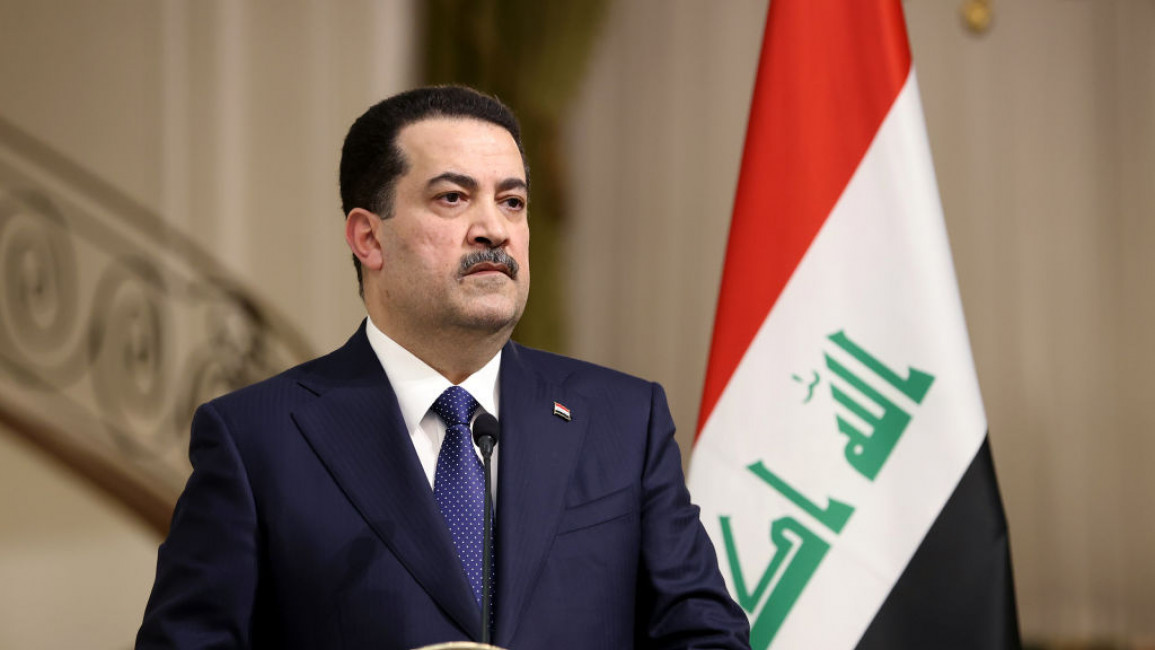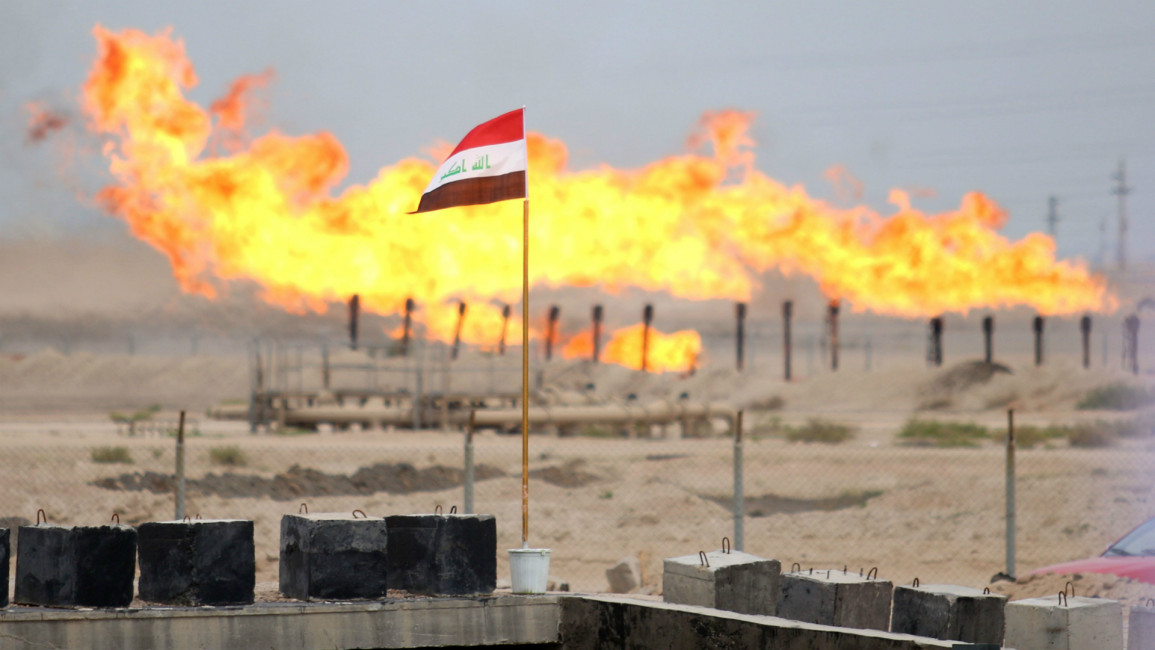
Why Iraq's largest ever budget has invited controversy

On 16 June 2023, after a months-long impasse and four consecutive days of voting, Iraq’s Parliamentary Financial Committee submitted the draft of the federal budget bill for final approval.
At approximately 200 trillion dinars ($153bn), the bill is the largest in monetary value to be adopted in Iraq's history and covers the next three fiscal cycles of 2023, 2024, and 2025.
Governing parties and their respective ministries who decide how monies are spent have heralded its passing as a victory. Controversy has since emerged, however, questioning its execution.
No different to other rentier economies, oil remains the main source of funds in Iraq. This year’s omnibus bill is predicated on an average oil price of 70 dollars per barrel and projected exports of 3.5 million barrels per day.
"Ordinary Iraqis have been waiting twenty gruelling years to see the proceeds of oil sales trickle down from high office"
However, in the absence of coherent policies, a Gulf-inspired Iraq Vision 2050, and the Green Zone elite’s poor track record in the realm of public spending, many are not rejoicing.
The bill that was submitted by lawmakers in mid-March promises drastic public spending increases particularly in infrastructure assets.
Iraqi premier Mohammed Shia Al Sudani has promised to energise the economy through so-called Giga projects – large-scale, high-cost development projects - and whether or not these projects will materialise is a moot point.
Economists are most concerned with the size of Iraq’s current fiscal deficit at 64 trillion dinars ($49 billion), which they fear spending increases will exacerbate.
Sceptics in the room
Aside from low confidence in the promise to reduce Iraq’s fiscal and infrastructure deficit, the preparation and approval process remains contentious.
Budgetary preparations remain widely politicised, and the final bill, as some analysts contend, is a byproduct of secret black box negotiations between rival political parties.
These rules of allocation, argues Amman-based Iraqi political analyst Yaha Al-Kubaisi, are determined not by a public budgeting system but by the Muhasssa system which since 2003 has determined the political status quo.
“From the moment the preparation begins,” Kubaisi said recently in an interview with Al-Tagheer TV, secret deals determine budget items “first inside the ministry of planning, then finance, then onto the parliament, its financial committee, and eventually into parliament where it is put to vote”.
|
|
Kubaisi argues that the ambitious spending programme put forward this year lacks a strategic vision, the finer print, and the checks and balances to prevent corruption and misfeasance in public office.
“There is a political power which views the budget as an investment,” Kubaisi said, careful not to identify any political faction whose end goal is to cling onto power and get rich.
This lack of transparency is also another major worry among the general public. Ordinary Iraqis have been waiting twenty gruelling years to see the proceeds of oil sales trickle down from high office.
"Budgetary preparations remain widely politicised, and the final bill, as some analysts contend, is a byproduct of secret black box negotiations between rival political parties"
The lofty promise of job creation can no longer inspire hope due to the political state of play during the last two decades, not to mention the recent memory of countless scandals through which municipal and federal government leaders have profiteered, namely the legacy of Iraq’s ghost workers.
The public will need more guarantees before backing the view that adding more people to the government’s payroll and building Dubai-style highrise infrastructure is likely to deliver Iraq into a new epoch, particularly after years of underinvestment.
Kurdish allegations of treason
Another critic of the approved budget, the former president of the Kurdistan Region of Iraq (KRI) and leader of the Kurdish Democratic Party (KDP), Massoud Barzani, issued implicit warnings to the federal government who he accused of seeking to erode the Kurdish region’s autonomy and post-2003 gains.
Massoud and KDP leaders accuse parliamentarians aligned to the pro-Iranian Coordination Framework of violating constitutional limits on their powers by altering certain provisions and rolling back on promises previously made to the KRI.
The main dispute centres on the KRI’s crude exports and its ability to call the shots as an independent oil player. The new budget stipulates that in order for Baghdad to grant KRI its allocations it must satisfy an oil quota of 400,000 barrels of oil per day.
|
|
It also allows KRI governorates to petition federal authorities for a separate budget. Worse yet for the KDP is the provision giving Baghdad the power to intervene in Kurdish disputes over funding allocations, namely between the governing KDP party which controls the provinces of Erbil and Dohuk, and its rivals in the Patriotic Union of Kurdistan (PUK) which govern Sulaimani province.
Though controversial, these moves will strengthen the federal government’s grasp over oil production but may also risk a winter of discontent by upsetting the political balance.
Against this backdrop of fragile political consensus, a spending spree on infrastructure projects with no proven benefit for national income or the people will continue to fuel opposition, inside and outside the executive and legislative organs of the state, for months to come.
Nazli Tarzi is an independent journalist, whose writings and films focus on Iraq's ancient history and contemporary political scene.
Follow her on Twitter: @NazliTarzi




